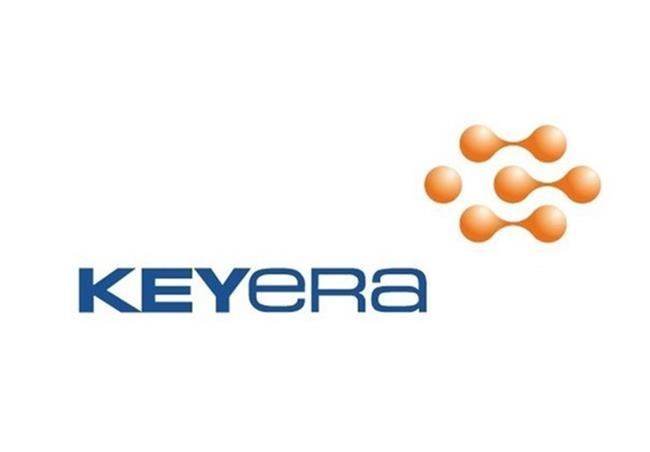CALGARY — Estimated costs for a proposed Alberta natural gas liquids pipeline put on hold last year amid the COVID-19 pandemic and commodity price uncertainty have jumped by $300 million to $1.6 billion, Keyera Corp. reported Wednesday.
Shares in the Calgary-based energy handling and processing company fell by as much as 9.4 per cent to $23.99 in Toronto before rebounding to $25.26, down about 4.5 per cent, by late afternoon.
The price of the proposed project was adjusted 23 per cent higher mainly because of increased activity from other pipelines being built in Western Canada, Keyera said.
That includes the Trans Mountain oil pipeline expansion, which is restarting construction this week after a nearly two-month pause to reinforce safety protocols, and the Coastal GasLink pipeline in B.C., which is to supply natural gas to the Canada LNG export project.
"I think people get mired in what's happening today, in 2021," said Dean Setoguchi, answering analyst questions Wednesday about the project's projected returns during his first earnings conference call since taking over as CEO in January.
"This pipe would come into service in 2023 and we're talking about a time horizon that extends decades beyond that. We're basing it on discussions we have with our customers that they don't plan to keep their production flat forever."
Keyera expects to make a final investment decision in the spring for its Key Access Pipeline System (KAPS), which is designed to collect condensate and other petroleum liquids produced with natural gas in northwestern Alberta and bring them to the province's liquids processing and storage hub just northeast of Edmonton.
It said the $150 million rise in its half of the pipeline cost is not expected to affect its growth capital budget of between $400 million and $450 million this year, down from $563 million in 2020. Its 50 per cent partner in the project is SemCAMS Midstream ULC.
Unlike many in the Alberta oilpatch, Keyera executives said they believe the company will do well under federal government plans to hike the carbon price to $170 per tonne by 2030 and introduce a clean fuel standard to reduce emissions from burning fuel.
"We see great potential in helping our customers decarbonize with initiatives such as supplying and transporting solvents to reduce carbon emissions from the oilsands," said Setoguchi.
Keyera bought the Alberta EnviroFuels plant at Edmonton in 2012. It converts butane into clean-burning gasoline additive iso-octane for sale to refineries in Canada and on the U.S. Gulf Coast.
"We spend over $55 million a year transporting iso-octane down to the Gulf,' said chief commercial officer Jamie Urquhart on the call.
"If we can find a fraction of that (demand) within Canada, that's a significant value contributor to this organization."
Keyera reported a net loss of about $75 million or 34 cents per share in the last three months of 2020, versus a net profit of $29.7 million or 14 cents in the same period of 2019.
In reports, analysts said the results were a negative for the company because of a miss on adjusted earnings and the higher cost of the KAPS project.
This report by The Canadian Press was first published Feb. 10, 2021.
Companies in this story: (TSX:KEY)
Dan Healing, The Canadian Press



